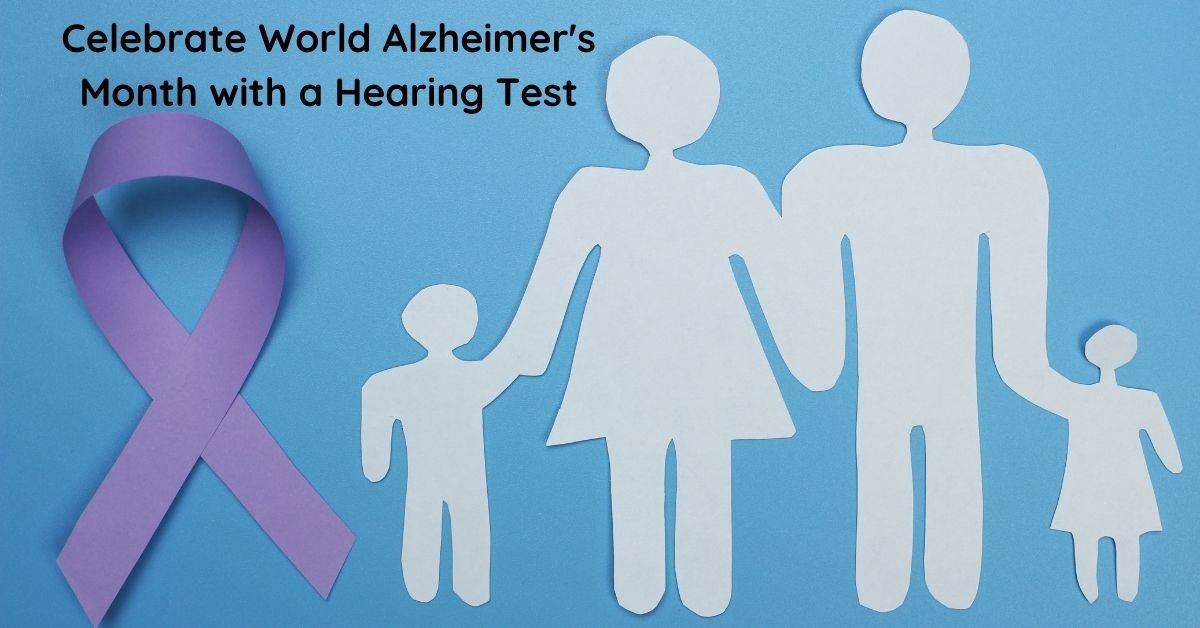
September is World Alzheimer’s Month, and The Lancet has published an update to the known risk factors for Alzheimer’s disease. The 12 factors that are responsible for an estimated 40% of global cases of Alzheimer’s disease include:
- Excessive alcohol consumption
- Traumatic brain injury
- Air pollution
- Insufficient education in the first 20 years of life
- Hypertension
- Smoking
- Obesity
- Later-life depression
- Inadequate physical exercise
- Diabetes
- Social isolation
- Hearing loss
There’s still a lot of work to do in determining the causes and preventative actions for Alzheimer’s. While it seems that a buildup of plaque and protein “tangles” in the brain are responsible for the cognitive decline associated with Alzheimer’s, it’s not yet known why those begin to accumulate or how they might be removed to reverse the progress of this terrible disease. A cure is unfortunately a long way off, and Alzheimer’s is the 6th-leading cause of death in the United States. On average, a patient will live 4-8 years after being diagnosed, though some have survived as long as 20 years.
The Lancet notes that these risk factors range in their possibility of being controlled by individual versus societal efforts. One thing they make clear is that hearing loss, with its strongly established link to Alzheimer’s, ought to be a priority for public awareness campaigns.
The Link Between Alzheimer’s Disease and Hearing Loss
Researchers have established a link between Alzheimer’s disease and hearing loss, but much remains to be understood about the mechanism connecting them. On the one hand, Alzheimer’s has to do with cognition, and on the other hand hearing loss is usually localized in the cochlea of the inner ear. What could possibly connect these two conditions?
Many specialists point toward spoken language as the link between hearing and cognition. Those who have uncompromised hearing ability are able to communicate in a steady stream of sound and thought. However, those with hearing loss do not receive full units of language in sentences or even words. Instead, fragments of sound enter the mind as a puzzle, whose meaning must be derived by putting the pieces together.
The brain tends to use the auditory cortex for sound processing and the frontal cortex for complex thought, but fMRI technology has made it possible for researchers to watch the mind in action. What they’ve seen is that those who have hearing loss actually rely on the frontal cortex to put together the meaning of the sound puzzle, while the auditory cortex is used less heavily. This also has the unfortunate consequence of moving the brain’s understanding of speech further away from the short-term memory.
Three Theories About Alzheimer’s and Hearing Loss
There are three theories as to how these changes in brain usage could help bring on Alzheimer’s.
When the brain is working harder to decode speech—while still analyzing that speech for meaning, thinking about it, formulating a response, etc.—it causes an overwhelming cognitive load. This extra work might overwhelm the brain and, over time, bring about the conditions for Alzheimer’s to develop.
Another theory is that the atrophy of the auditory cortex itself leads to the onset of Alzheimer’s. This theory seems promising, especially since the auditory cortex is also involved in the formation of memories. As the auditory cortex receives less information from the ears over time, it seems that the grey matter there shrinks, reducing the size of the auditory cortex. It’s not that the brain cells die, but that the network shrinks and becomes less effective. Over time, untreated hearing loss and the consequent atrophy leads to the inability to comprehend speech even when it is perfectly audible. For this reason, many audiologists offer training sessions for those who are new to hearing aids so that they can retrain their brains to understand speech.
The third theory is related to social isolation. As hearing loss progresses without treatment, we tend to shy away from social activities. Hearing loss is exhausting, and the more difficulty we have conversing with friends and loved ones, the less inclined we tend to be to do so. Social isolation can thus be a consequence of untreated hearing loss, and social isolation is another risk factor for Alzheimer’s.
The Good News
The good news is that hearing loss can be treated with hearing aids, and that treating hearing loss can bring significant health benefits. Take the time this month to get your hearing evaluated and talk to our team about what to do to prevent, treat, or slow down your hearing loss.
